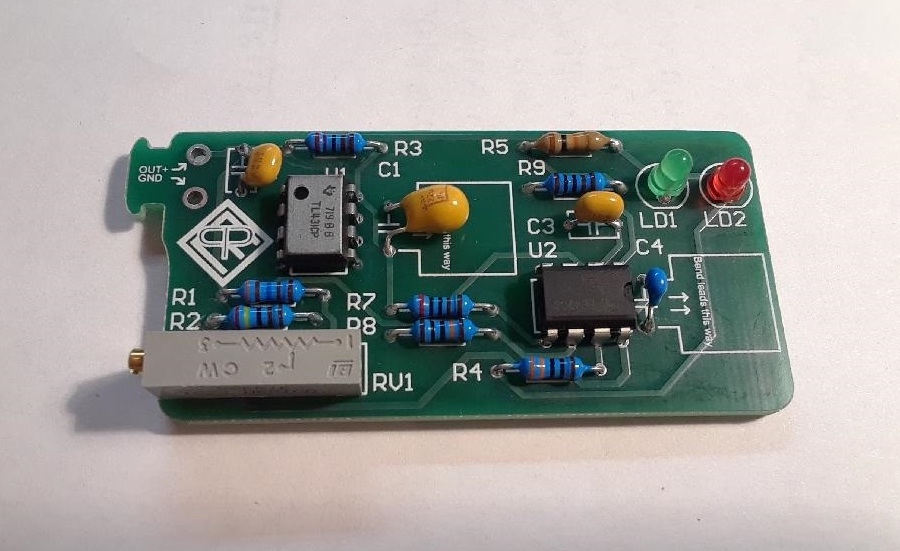When a New Jersey hospital couldn’t find enough batteries to keep its air purifying respirators working amid COVID-19, it turned to nearby Henry M. Rowan College of Engineering at Rowan University for a solution. A team there has since designed and produced rechargeable batteries using 6-volt gel cells, available at home improvement stores, to keep things running.
Cooper University Hospital in Camden, N.J., uses custom-made batteries for powered air purifying respirators that protect users by filtering out contaminants while supplying clean air. Respirator hoods require non-rechargeable lithium batteries that, because of COVID-19, were on back-order in April and not available for months.
Dr. Michael Kirchhoff, university Health Care patient safety officer, sent two dead batteries to Rowan engineers and asked them to make rechargeable versions to power the hoods.
Rowan professors Robert Krchnavek and John Schmalzel discharged the old batteries, salvaged the parts—and after some tinkering—delivered the first prototypes of their rechargeable version to Kirchhoff, who also is an assistant professor of emergency medicine at the university's Cooper Medical School.
They first designed a lightweight, rechargeable battery that lasts about 20 to 30 minutes at a time, and also produced a second version that can last up to 12 hours for extended use in operating rooms. A simple red-and-green LED indicator shows when the battery needed to be recharged. The batteries were delivered in a kit that includes a water-tight plastic case for easy cleaning and and external connectors for recharging.
Schmalzel and Krchnavek have made 22 batteries for Cooper so far and expect to complete a total of 40. They’re also discussing a plan to reach out to other health systems to determine if they have similar needs for the respirator batteries, Schmalzel says.
Dr. Deena Wasserman, a university Health Care emergency medicine physician, says the “batteries worked flawlessly with our existing [powered air purifying respirators].”
“Having these batteries help us to maintain the full range of personal protection equipment for those caring for patients in our emergency department,” she sys.
The two engineers are making a printed circuit board so they can replace batteries in less than an hour. The respirator battery monitor boards are built using “thru-hole technology,” says Schmalzel, which he describes as an old-school production method. “As much as time marches on, sometimes it’s good that the old stuff still works,” he says
Since the COVID-19 pandemic hit New Jersey, Rowan University engineering faculty and students—like other schools throughout the nation—have stepped up to fulfill other requests from health systems, including producing intubation barriers and 3D-printed face masks that can be washed, disinfected and reused. Materials, labor and delivery costs for these efforts have been donated by the university.







